On the field side, November 2022
24 November 2022
Northern vegetables
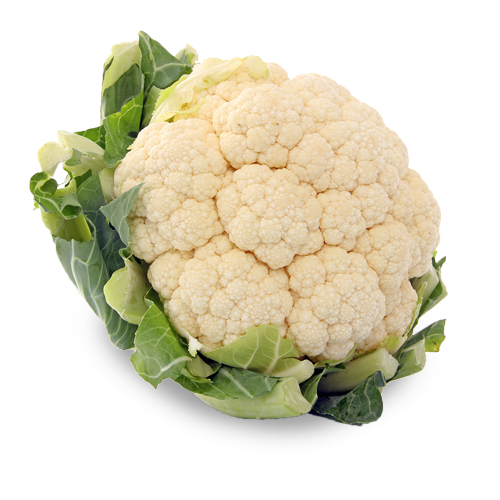 The 2nd cauliflower harvest, which was very late this year, continues. The summer weather conditions have favored the growth of the plant in leaf more than in head, it is now unlikely that the last plots can reach maturity. Barely 50% of the expected volumes have been harvested. This is an unprecedented situation for this vegetable.
The 2nd cauliflower harvest, which was very late this year, continues. The summer weather conditions have favored the growth of the plant in leaf more than in head, it is now unlikely that the last plots can reach maturity. Barely 50% of the expected volumes have been harvested. This is an unprecedented situation for this vegetable.
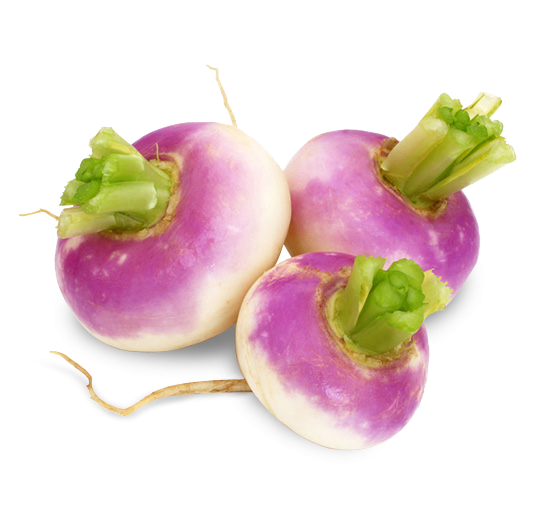 The critical situation for the turnip harvest has been confirmed: the plots had a low density of plants per m² and many weeds. Some fields were even turned over without being harvested, as it would not have been worth harvesting.
The critical situation for the turnip harvest has been confirmed: the plots had a low density of plants per m² and many weeds. Some fields were even turned over without being harvested, as it would not have been worth harvesting.
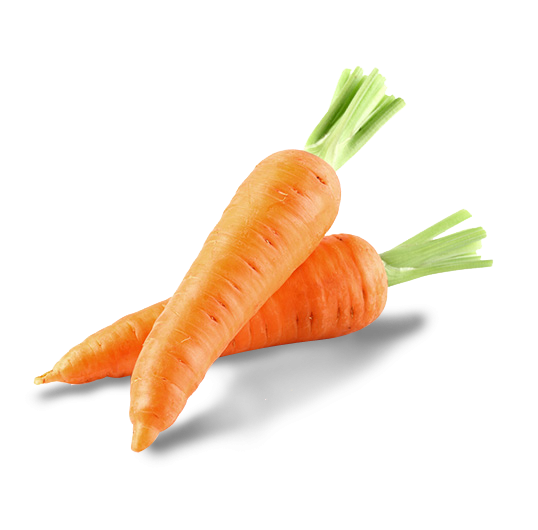 The carrot season has begun with the harvest of plots intended for the production of round carrots. So far, about 80% of the area has been harvested, but yields per hectare are low. It is estimated that 70% of the expected volume will be harvested.
The carrot season has begun with the harvest of plots intended for the production of round carrots. So far, about 80% of the area has been harvested, but yields per hectare are low. It is estimated that 70% of the expected volume will be harvested.
For large carrots, intended for the production of dices, approximately 30% of the surfaces are pulled out. The campaign should last until mid-January.
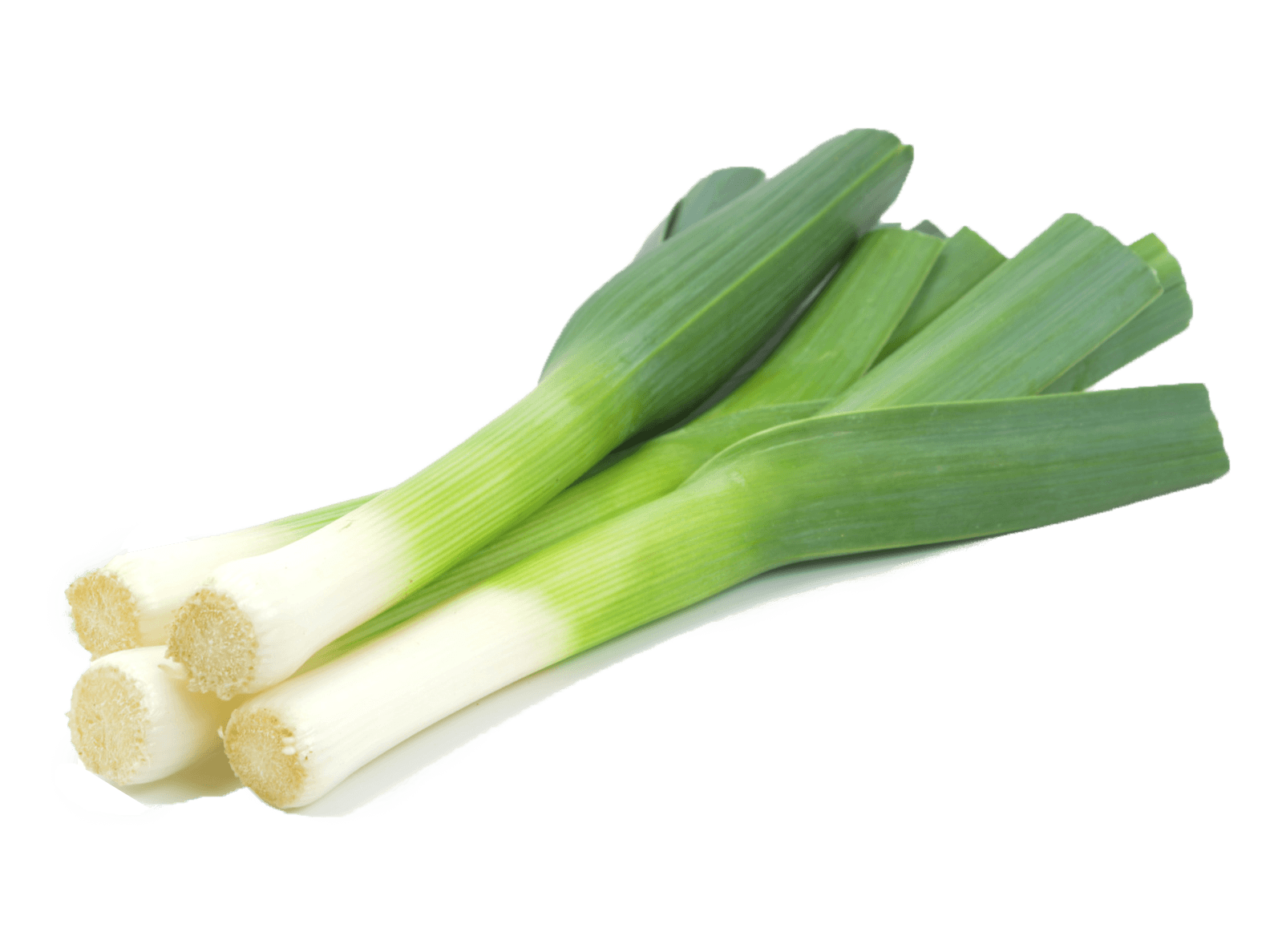 For leek, the harvest is progressing well, a deficit of 15% of the volume is announced.
For leek, the harvest is progressing well, a deficit of 15% of the volume is announced.
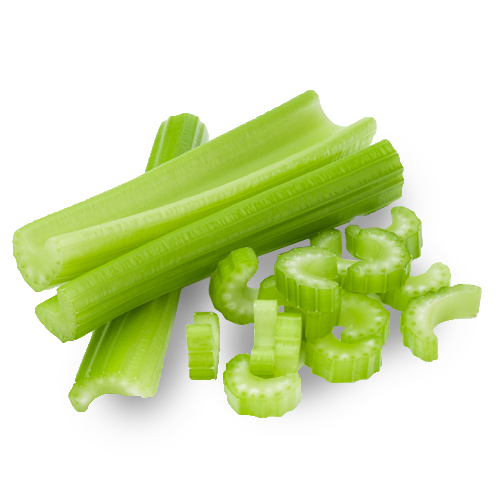 The celery campaign will follow.
The celery campaign will follow.
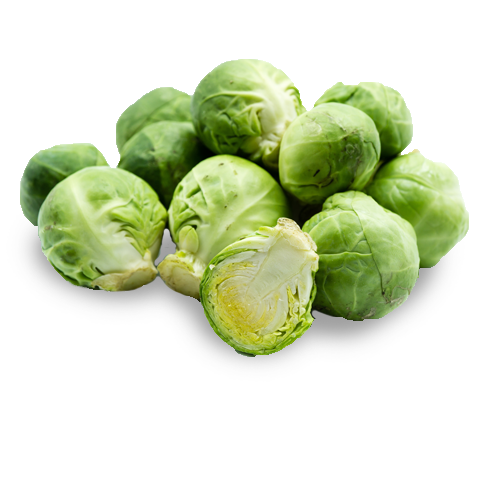 The Brussels sprouts campaign started in early November and looks correct.
The Brussels sprouts campaign started in early November and looks correct.
Southern vegetables
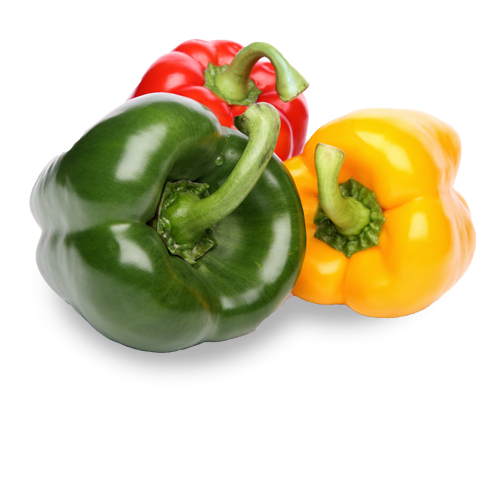 The harvesting and processing of peppers and zucchini in Poland is coming to an end, the yields of these campaigns are rather correct, considering the drought encountered in Europe.
The harvesting and processing of peppers and zucchini in Poland is coming to an end, the yields of these campaigns are rather correct, considering the drought encountered in Europe.
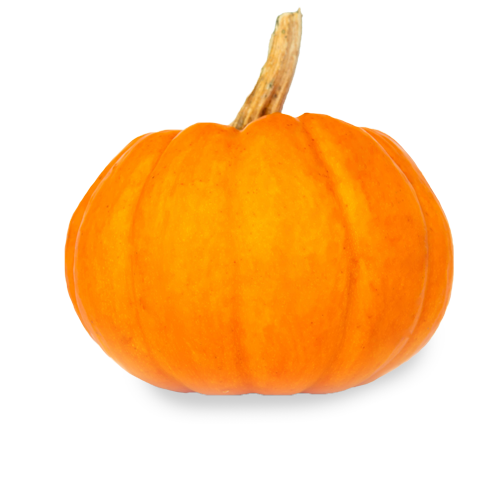 The pumpkins productions are ending, we will keep you informed of the progress.
The pumpkins productions are ending, we will keep you informed of the progress.
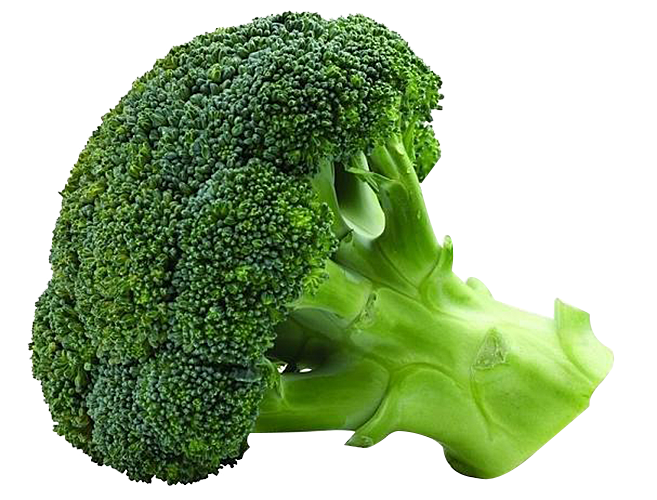 Broccoli is starting to come out. We are mainly finding it in sizes 40/60 and 20/40 at the beginning of the season. Smaller sizes are not present for the moment. Prices remain very high as stocks are empty following the low volumes of the previous year.
Broccoli is starting to come out. We are mainly finding it in sizes 40/60 and 20/40 at the beginning of the season. Smaller sizes are not present for the moment. Prices remain very high as stocks are empty following the low volumes of the previous year.
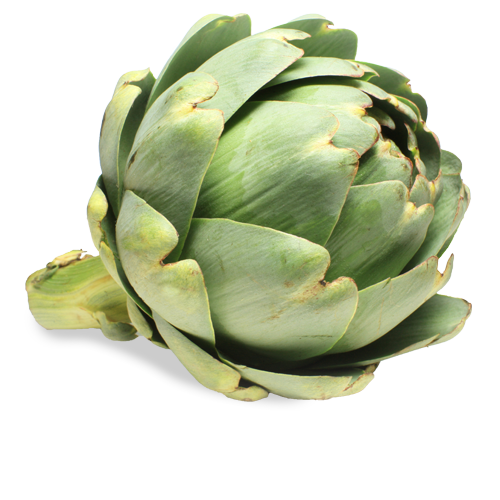 In Egypt, the Artichoke campaigns is going well thanks to a favorable weather. To date, the yields are correct but it is still too early to take a position on the whole crop.
In Egypt, the Artichoke campaigns is going well thanks to a favorable weather. To date, the yields are correct but it is still too early to take a position on the whole crop.
Condiments
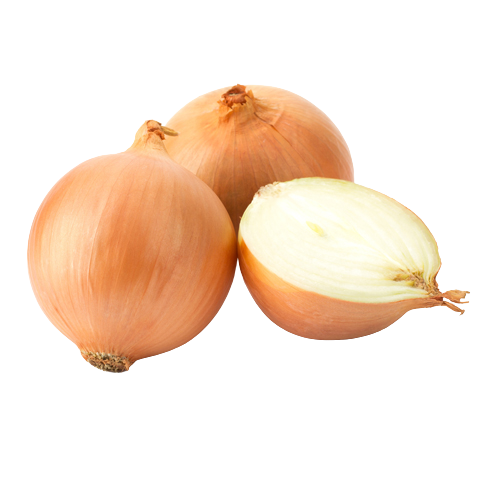 Onion prices remain high, but rather stable. The unknown remains the market position after the holidays.
Onion prices remain high, but rather stable. The unknown remains the market position after the holidays.
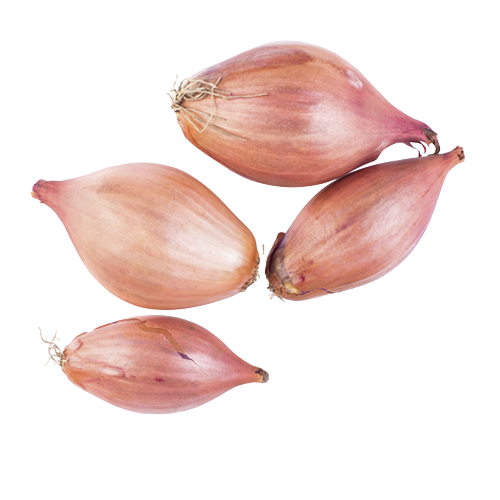 There are still some volumes of shallots from Poland, do not hesitate to ask us for more information.
There are still some volumes of shallots from Poland, do not hesitate to ask us for more information.
Chestnut
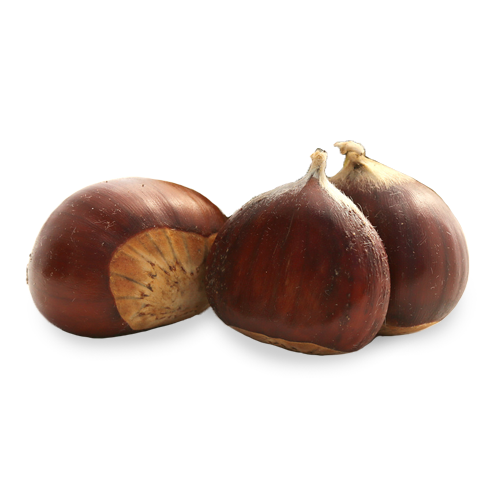 As for chestnuts, the season in Spain and Portugal has been delayed. It is difficult to project volumes for these campaigns. So far, the chestnuts are not growing on the trees.
As for chestnuts, the season in Spain and Portugal has been delayed. It is difficult to project volumes for these campaigns. So far, the chestnuts are not growing on the trees.
In France and in Italy, the harvest is correct in volume but the quality is not there. Many rotten chestnuts, more suitable for canning.
Imports
Chinese New Year is coming soon! Gelpass offers a wide range of Asian products: soy beans, black mushrooms, water chestnuts…
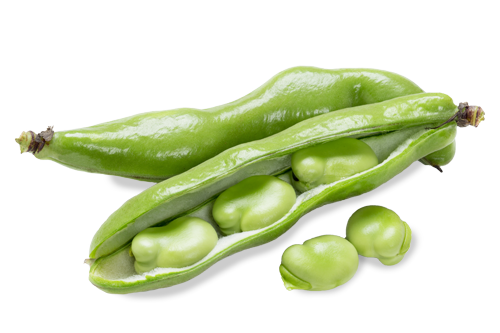 This year, the volumes of soybeans were less important, there were fewer plots cultivated on this product, there are very few quantities available, the next harvest is expected in summer 2023.
This year, the volumes of soybeans were less important, there were fewer plots cultivated on this product, there are very few quantities available, the next harvest is expected in summer 2023.
The baby corn harvest continues, soon the water chestnut harvest.
The successive confinements in China disorganize the material and maritime flows, however, we have anticipated the situation to ensure your orders.
Fruits
 The orange harvest in Spain should start within 10 days. However, the lack of rain has impacted the growth of the fruit, which comes out very small, risking a lack of product.
The orange harvest in Spain should start within 10 days. However, the lack of rain has impacted the growth of the fruit, which comes out very small, risking a lack of product.
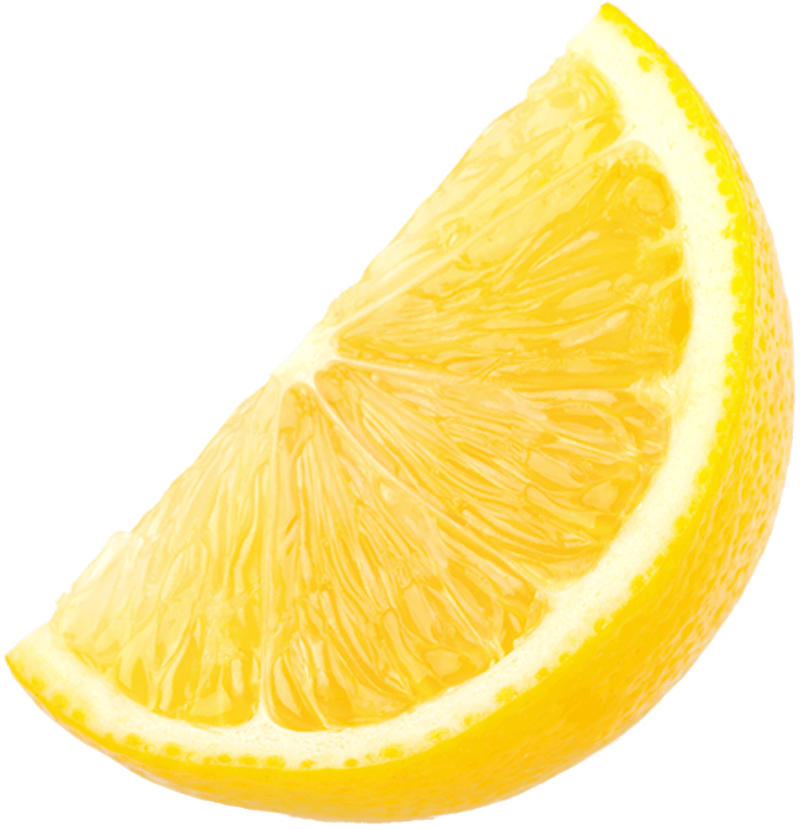 As for the Verna lemon (summer), a 50% reduction in yield is expected compared to the already unfruitful previous year. Therefore, there will be a strong demand for the winter variety (primo fiori).
As for the Verna lemon (summer), a 50% reduction in yield is expected compared to the already unfruitful previous year. Therefore, there will be a strong demand for the winter variety (primo fiori).
For limes, the harvest has just begun, it is therefore too early to make a prediction.
Additional information
Agriculture
Negotiations with upstream farmers for the contractualization of vegetable production volumes in 2023 are complex. Competition for farmland remains fierce: crops such as cereals and oilseeds are easier to grow because they require less monitoring and labor, and those campaigns are much more financially rewarding for farmers.
Transports et logistics
We are facing an unprecedented demand for price increases, on all fronts: national and international transport or our logistics intermediaries. There is the effect of inflation and energy costs, but also salary increases to keep these professions attractive, and the continuous investments of these service providers to meet environmental standards.
We are continually negotiating to limit the impact while maintaining our quality of service.
Production
On all our vegetables, production costs are well above our estimations of last summer, which will have an impact on the evolution of our prices.
